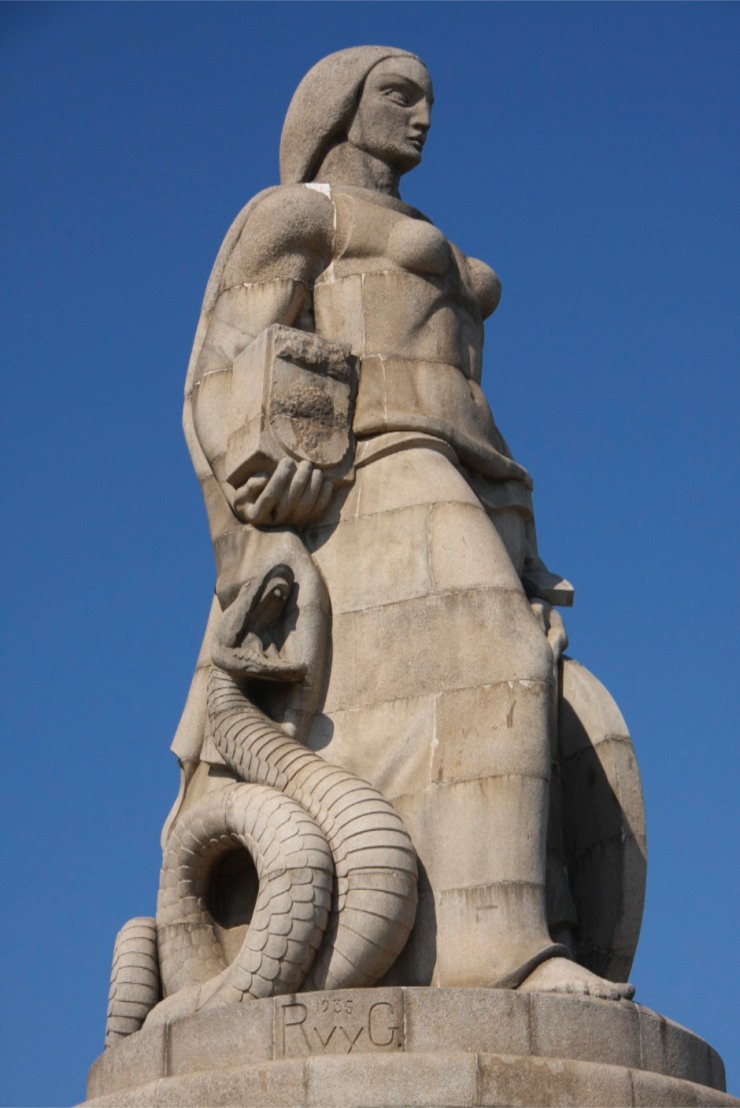Locked in the seemingly endless Northern European winter: lashed by gales, soaked by torrential rain and with parts of southern England currently under water, my mind drifts back to warmer climes and cheerier times. There’s not a lot on earth that is cheerier than Mozambique’s friendly people, endless golden beaches and the deep turquoise waters of the Indian Ocean. I’d wanted to visit for years, finally a friend’s wedding in the lovely coastal town of Bilene provided the incentive to book our flights.
Planning a relatively short trip to Mozambique is tricky, the country is huge, the transport infrastructure not great. We’d decided to head north – almost all the way north – to the town of Pemba, from where we’d take a boat to the beautiful island of Ibo, in the Quirimbas Archipelago. Ibo is the site of a 16th Century Portuguese settlement, and it was from here that the Portuguese, and Arab traders before them, sought to control trade between the African interior and the rest of the Indian Ocean.


Ibo feels like a Hollywod film set. It’s beautiful colonial houses and government buildings are slowly decaying in the tropical heat. Some of these magnificent buildings are now being renovated. A couple have been turned into hotels, allowing you to absorb the island’s African, Arab and European history in comfort. To romanticise this however, is to forget that Ibo was a centre for the slave trade. Slaves passed through here to other Portuguese colonies, Cape Verde and Brazil.


Vasco de Gama, the legendary explorer, arrived in 1498, and by 1505 the first Portuguese colonial settlements were established. The exploitation of Mozambique’s ample natural resources had started, and continued to independence in 1975. Mozambique’s independence came later than much of Africa. Portugal was determined not to surrender control of its colonial possessions, even while other African nation’s gained independence.
Despite Britain and France ceding control of their colonial possessions, Portugal, Apartheid South Africa and the white-settler government of Ian Smith’s Rhodesia, supported each other to create a formidable barrier to independence in southern Africa. Independence was only achieved through a prolonged guerilla war led by The Front for the Liberation of Mozambique (FRELIMO). Portuguese collapse in Mozambique had a domino effect on white minority rule in Rhodesia, which became Zimbabwe under black majority rule in 1979.


In the heat of the Cold War, white-controlled Rhodesia and Apartheid South Africa launched a campaign to destabilise independent Mozambique. They received covert support from Europe and the United States, who saw Mozambique as a Soviet satellite. They armed and funded the anti-communist group RENAMO, leading to a devastating civil war which raged until 1992. By 1992 the Cold War was over, Nelson Mandela had been freed from prison and Western support for Apartheid South Africa had collapsed.



Multi-party elections were held in Mozambique in 1994. Although this led to greater stability, the social and economic impact of decades of war left Mozambique in a perilous situation. The official end of hostilities between FRELIMO and RENAMO hasn’t stopped periodic fighting from erupting, and RENAMO maintains armed military groups. Conflict erupted again only a few months ago, with government military operations sparking fresh violence.
Despite much development, and a vastly improved economy, Mozambique remains one of Africa’s poorest nations. Travelling in the country, particularly rural areas, this poverty – unemployment, poor health, education and transport infrastructure – is evident everywhere. Life is unrelentingly hard for the vast majority of Mozambique’s population, not helped by the official corruption most people face on a daily basis. Yet it remains safe for tourists, and is a friendly country to visit.


After couple of weeks in the north, we would spend a few days in Maputo before heading to the wedding festivities in Bilene. First we had to negotiate our way to Pemba. Thanks to the awful customer service of Virgin Atlantic and South African Airways this almost didn’t happen. To cut a long story short, our flight to Johannesburg on Virgin Atlantic arrived late, we missed our connection on South African Airways, and were left stranded in International Transit with neither airline willing to take responsibility.


I’ve spent a lot of time in airports, but 18 hours in Jo’burg International is the worst experience I’ve had. We were in danger of reprising the role of Tom Hanks’ character in the film The Terminal. Even when finally liberated from the airport, it was to discover our bags had made the connection to Mozambique without us. We would only be reunited with our bags (clothes, toiletries, books, shoes, etc.) two weeks later when we physically searched lost luggage at Maputo Airport…picture the scene at the end of Raiders of the Lost Ark.


Putting this poor start to one side, and quickly purchasing some necessities in Jo’burg, we finally arrived in Pemba…proof, if proof were needed, of the healing power of sunshine, blue skies and a warm ocean.

Lovely as usual! Thank you for the trip!
‘hope the Thames flooding hasn’t affected you.
Take care
Brian